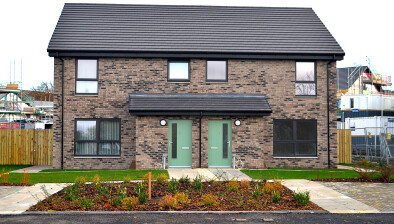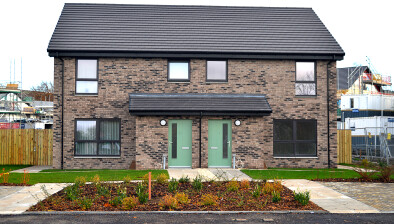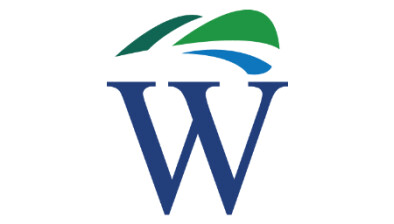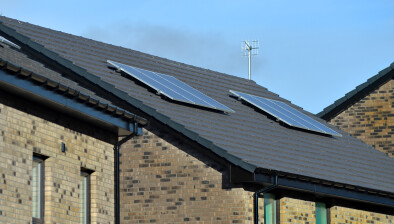West Dunbartonshire agrees first phase of savings to help close £10m budget gap
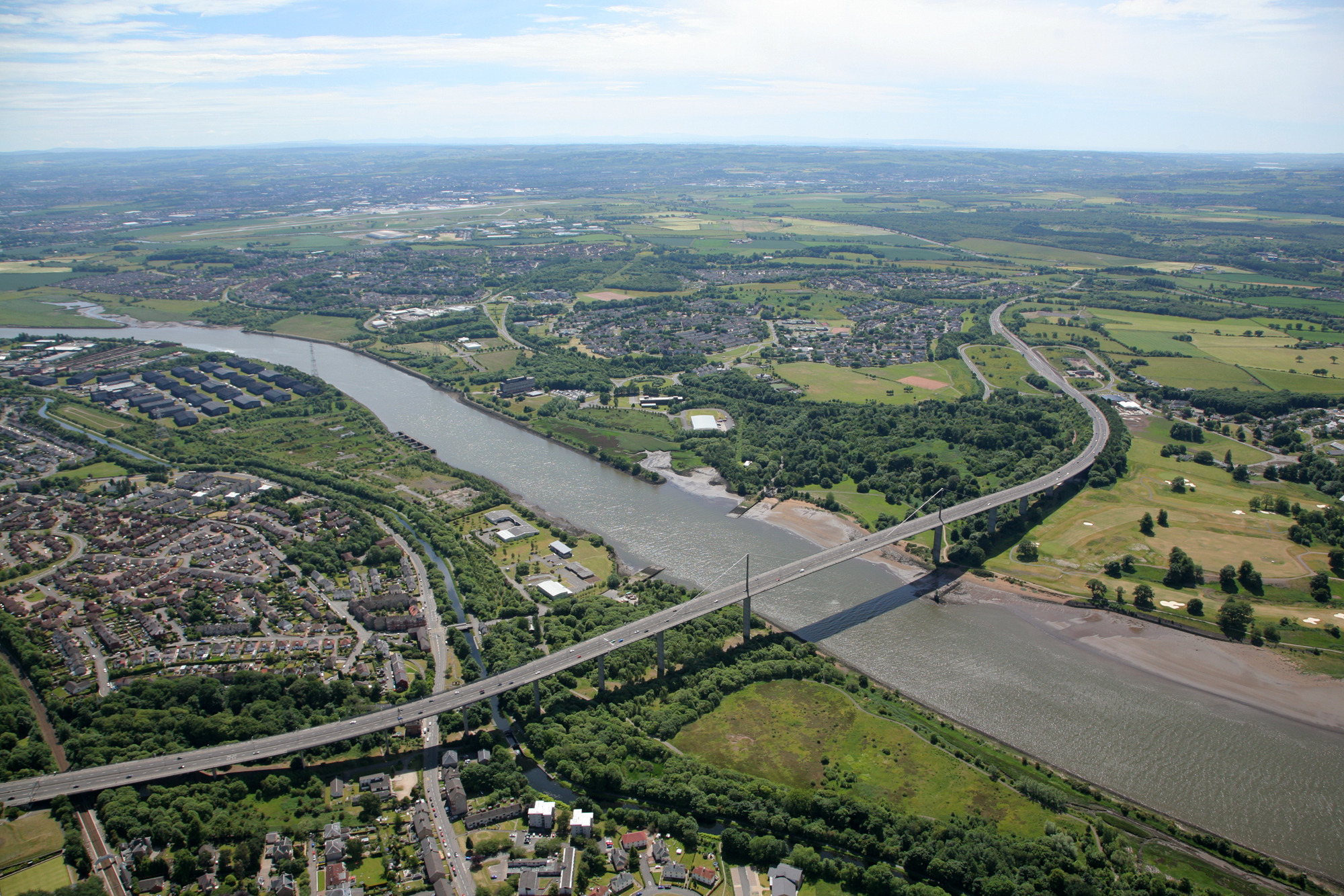
Savings and adjustments totalling £615,500 have been agreed as part of early work to close West Dunbartonshire Council’s £10.4 million budget gap.
The council budget process is undertaken in two phases with a view to reducing spending while protecting jobs and services.
The budget gap represents the difference between the council’s income, including Scottish Government funding, and the cost of delivering services to communities.
At a meeting at the council’s Church Street offices last month, councillors discussed a finance update report which included the first tranche of options and management adjustments developed by officers in order to help close the funding gap.
Following discussion, savings options which will generate £52,000 rising to £61,000 by 2027/28 were approved, in addition to management adjustments amounting to £564,000, rising to £691,000 by 2027/28.
Changes agreed at the meeting include a review of allotment fees and an increase in special uplift charges to reflect the resource required to carry out collections, and ensure the service continues to operate efficiently to improve residents’ experience.
In addition, it was agreed the council would revise legal fees for parties purchasing or leasing property from the organisation, in order to bring council legal fees in line with the equivalent commercial rates charged by the private sector for work of a similar complexity.
Management adjustments agreed include a redesign of the leadership model for Professional Development and Children’s Services Teams within Education, in order to make it run more efficiently while continuing to support pupils and employees.
In addition, a reduction in mobile phone costs across the council, no recommencement of Saturday funerals, the removal of existing vacancies in Building Services and a range of income generation initiatives will progress following the meeting.
Elected members also agreed an annual increase of 5% on all sales, fees and charges, however the recently introduced brown bin permit fee will not be increased next year.
The full report detailing all options and adjustments is available on the CMIS section of the council website.
A second tranche of savings options is currently under development to be presented to a meeting on 5 March 2025, where elected members will consider the best route to delivering a balanced budget.
Council leader Councillor Martin Rooney said: “The budget setting process is a long and complex piece of work and I want to thank all staff who have been involved in getting to this point. Our focus throughout is on protecting frontline jobs where possible while continuing to deliver services our residents rely on.
“I am pleased that people took part in our budget consultation, ensuring their views were expressed. This has helped inform many of the decisions which have been made and others which will be considered as the challenging budget process continues.”
Depute council leader, Councillor David McBride, added: “Like many councils across Scotland, and indeed the UK, we are experiencing rising costs but the funding we receive doesn’t fill the gap despite a record funding increases to Scotland by the Westminster Government.
“Avoiding difficult decisions now will only make it harder to deliver a budget without deep and long-lasting cuts in future.
“The priority for us is to ensure residents still receive the essential services they require and we will retain this focus as we set our budget in March, once Scottish Government funding is confirmed.”





